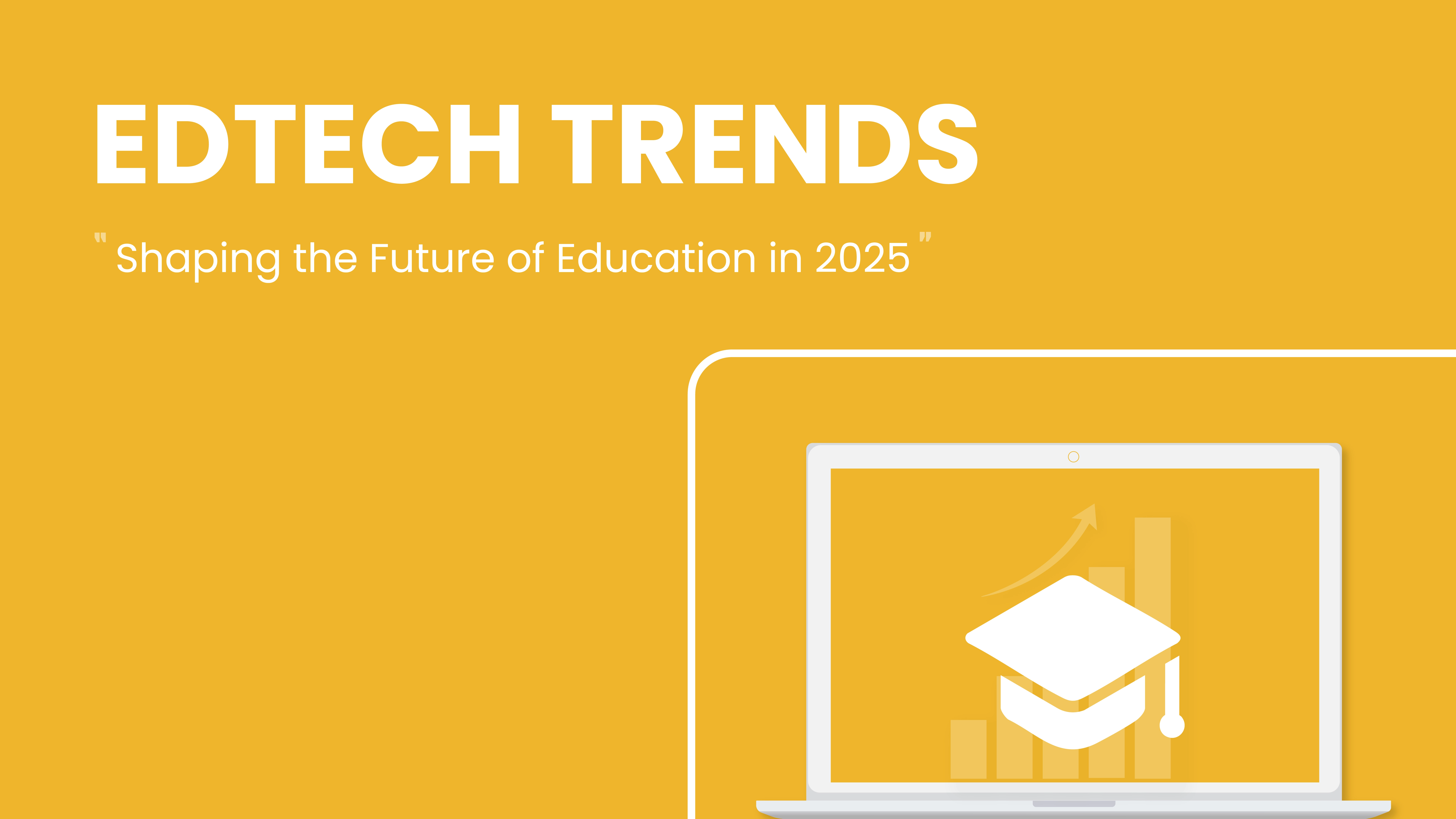Deloitte projects U.S. back‑to‑school spending will hold at $30.9 B amid economic uncertainty
Deloitte Forecasts $30.9 Billion in U.S. Back to School Spending Despite Economic Headwinds
As American families brace for a new school year, Deloitte has released its annual forecast on back to school (BTS) spending, projecting a steady $30.9 billion in total outlays for 2025. This estimate represents a plateau compared to the previous year, with per student spending holding at roughly $570 a noticeable pullback from the pandemic surge that pushed averages closer to $700. In making this prediction, Deloitte highlights how persistent inflation, tariff driven price pressures, and broader economic uncertainty are compelling households to tighten their belts and make more calculated decisions on educational purchases.
Deloitte’s research team surveyed over 1,200 parents of K 12 students in late May, uncovering clear signs of a more budget conscious mindset guiding back to school shopping this year. While essentials such as clothing and footwear remain “must haves,” families are cutting back on discretionary items like electronics, desk organizers, and other supplementary supplies. With many households still feeling the sting of elevated living costs especially in groceries, energy, and housing the back to school budget is being reallocated to necessary expenditures, resulting in flat overall figures despite inflation.
A striking trend is the growing preference for private label or store brand items. Deloitte’s data indicate that more than half of respondents are considering or already have switched to these alternatives as a way to stretch tight budgets. Private label apparel, notebooks, and backpacks are gaining traction as retailers compete on affordability. This shift could influence merchandising strategies at big box retailers, potentially reshaping shelf displays and private label innovation in the coming year.
Online shopping is forecast to capture a dominant share of BTS sales. Deloitte projects internet transactions will reach $23.8 billion, making the e commerce channel responsible for nearly 77% of all spending in this category. Echoing a broader consumer trend, families are arranging back to school shopping around multi day events like Amazon Prime Day and retailer driven promotions, maximizing discounts and avoiding express shipping fees. Standard (slower) shipping options are up by 76% compared to last year, as shoppers aim for shipping cost savings, even at the expense of convenience.
Retailers such as Walmart, Target, and Amazon are responding to this budget sensitive environment by rolling out deeper deals on core BTS categories. From aggressive price cuts on clothing and laptops to bundle promotions on basic supplies, these chains are positioning back to school as a deal heavy retail moment. Deloitte notes this competitive backdrop is forcing companies to balance value messaging with inventory turns retaining customers through affordability while ensuring fiscal discipline and margin coverage.
However, many families are also postponing significant purchases where possible. Heavy items like upgraded laptops, tablets, or stylish backpacks are often deferred to August or even after the first week of school. This strategic delay allows parents to capture late season deals or reassess needs based on teacher requests and class specifics. While this staggered buying pattern adds uncertainty to forecasting, it underscores why total spending might remain steady even as per student allocations shift.
Beyond school supplies, Deloitte’s survey reveals that more than half of the respondents plan to reduce or eliminate discretionary spending around back to school time cutting back on dining out, entertainment, and vacation budgets. Additionally, consumers are increasingly brand agnostic when value proposition outweighs brand loyalty. According to Brian McCarthy, Deloitte's principal in retail strategy, “Value for money is the top driver of retailer choice, and parents are increasingly willing to switch brands or retailers to find the best deals.” This sentiment captures the cautious optimism of consumers who want to prepare their children without compromising household financial health.
Encompassing value conscious buying, competitive retail dynamics, and cautious economic sentiment, Deloitte’s forecast paints a nuanced landscape for back to school 2025. Even though total spending remains unchanged, the underlying behavior signals long term shifts in consumer priorities, such as opting for private labels, spreading purchases over time, and minimizing shipping costs. These evolving patterns suggest that for retailers to succeed, they must combine aggressive discounts with smart inventory planning and customer engagement offering flexibility, affordability, and a seamless shopping experience both in store and online.






 India’s Software Sector Driving Industrial 4.0 Revolution
India’s Software Sector Driving Industrial 4.0 Revolution  Stevens Point tests upgraded storm sirens ahead of system upgrade
Stevens Point tests upgraded storm sirens ahead of system upgrade  Nordic spaceports emerge
Nordic spaceports emerge  Strict Enforcement of Noise Pollution Laws in Response to Rising Complaints
Strict Enforcement of Noise Pollution Laws in Response to Rising Complaints  Language Inclusion Policy for Exams
Language Inclusion Policy for Exams